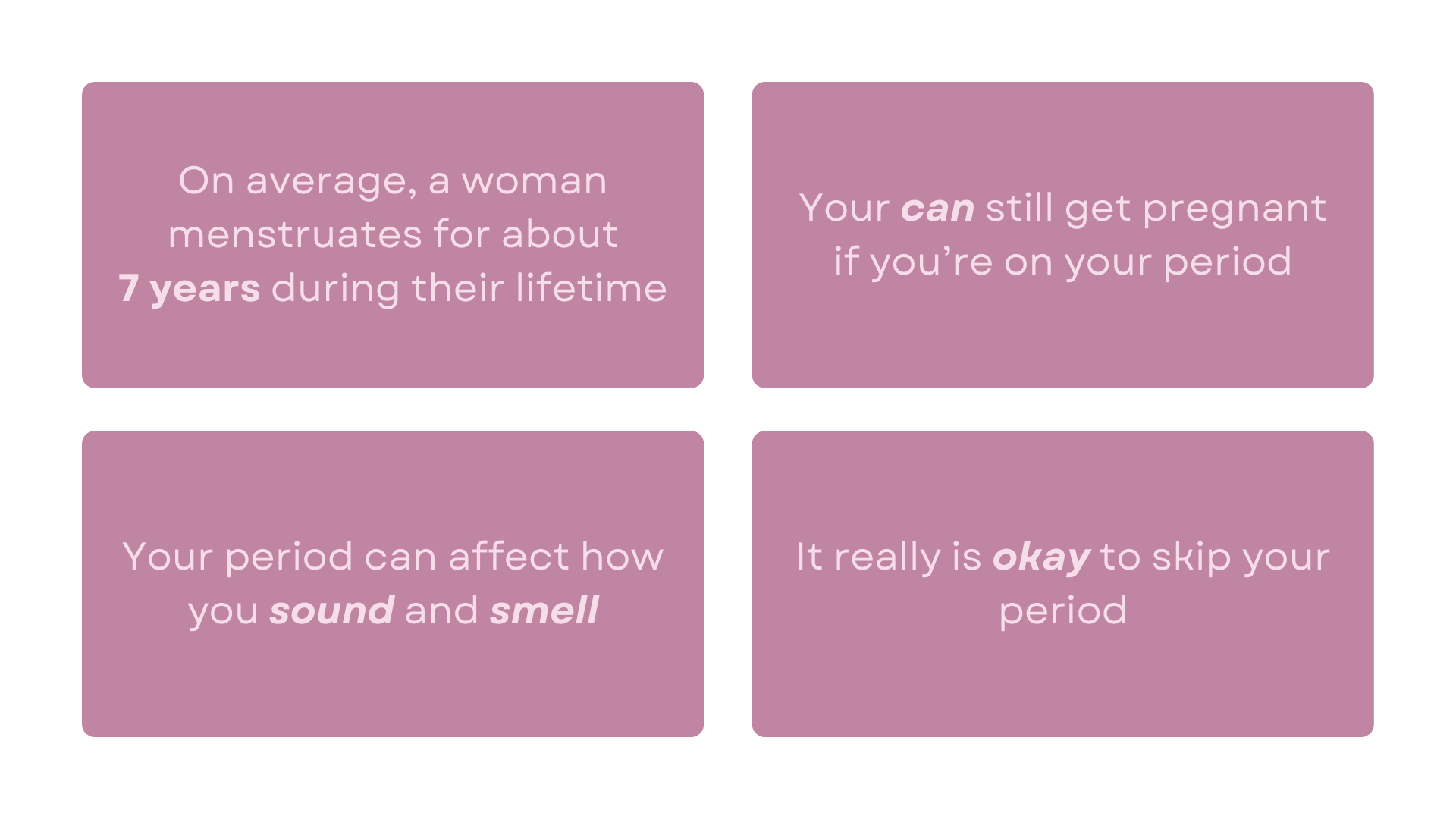Utovlan (Norethisterone): Possible Side Effects
Table of Contents
Utovlan, also known as norethisterone, is a medication commonly prescribed for period delay. It belongs to a class of medications called progestogens, which mimic the effects of the natural hormone progesterone in the body.
In this blog, we delve into its potential side effects and important considerations for those considering or currently using this medication. Understanding these aspects is crucial for making informed decisions about your health and managing any potential effects that may arise from its use.
Norethisterone side effects
Common side effects:
- Menstrual changes: Irregular bleeding or spotting is a common side effect, especially during the first few months of use.
- Headaches: Some individuals may experience headaches while taking Utovlan.
- Mood changes: Mood swings, anxiety, or changes in libido can occur in some users.
- Nausea: Feeling sick or experiencing stomach discomfort may happen initially.
Less common side effects:
- Breast tenderness: Some users may notice breast tenderness or enlargement.
- Weight changes: Weight gain or fluid retention can occur but are less common.
- Skin reactions: Rarely, skin reactions such as rash or itching may occur.
Serious side effects (rare):
- Blood clots: There is a small risk of developing blood clots while taking Utovlan, which can lead to serious complications such as deep vein thrombosis (DVT) or pulmonary embolism.
- Jaundice: Yellowing of the skin or eyes (jaundice) can occur rarely and may indicate liver problems.
- Allergic reactions: Although uncommon, allergic reactions to Utovlan can occur, presenting as rash, itching, swelling, severe dizziness, or trouble breathing.
How long do Utovlan side effects last?
The duration of Utovlan (norethisterone) side effects can vary depending on the individual and the specific side effects experienced. Here is a general outline:
- Menstrual changes: Irregular bleeding or spotting is common, especially during the first few months of use. For many women, this tends to settle down after a few cycles of use. If irregular bleeding persists beyond a few months or becomes bothersome, consult our pharmacist.
- Headaches and nausea: Headaches and nausea typically occur early in treatment and often improve as the body adjusts to the medication. These side effects may resolve within a few days to weeks.
- Mood changes and breast tenderness: Mood changes and breast tenderness can also occur early on and may improve over time as your body adapts to Utovlan. If these symptoms persist or worsen, discuss them with our pharmacist.
- Serious side effects: Serious side effects such as blood clots or liver problems are rare but can occur. These require immediate medical attention if suspected.

Utovlan’s long-term side effects
- Bone health: Prolonged use of progestogens like norethisterone can potentially impact bone density, leading to osteoporosis or bone thinning. Regular monitoring and supplementing with calcium and vitamin D may be recommended, especially for women at higher risk.
- Cardiovascular health: There is a small but increased risk of cardiovascular events associated with progestogen use, including blood clots (thromboembolism). This risk is higher in individuals with other predisposing factors such as smoking, obesity, or a history of thrombotic disorders.
- Hormonal effects: Chronic use of Utovlan may affect hormone levels, potentially leading to changes in menstrual patterns, fertility, or libido. These effects can vary widely among individuals.
- Liver function: Long-term use of Utovlan may impact liver function in some individuals. Monitoring liver enzymes periodically may be recommended, especially for those with pre-existing liver conditions.
- Cancer risk: There is limited evidence suggesting a potential increase in the risk of certain cancers, such as breast cancer, with long-term use of hormone medications. Regular breast exams and monitoring are essential, especially for women with a family history of hormone-related cancers.
- Mood and well-being: Some individuals may experience persistent mood changes or emotional effects with prolonged use of Utovlan. Monitoring psychological well-being and discussing any concerns with our pharmacist provider is important.
Does Utovlan affect fertility?
- Temporary suppression of ovulation: Norethisterone works by mimicking the hormone progesterone, which can suppress ovulation (release of an egg from the ovary). As a result, while you are taking Utovlan, it can prevent ovulation and thus temporarily reduce fertility. Once you stop taking Utovlan, ovulation typically resumes, and fertility returns to normal.
- Delay in conception: If you are trying to conceive, using Utovlan to delay periods can postpone ovulation and potentially delay conception during that cycle. However, once the medication is discontinued and your menstrual cycle resumes its normal pattern, fertility should return to baseline.
No permanent effect on fertility: There is no evidence to suggest that using Utovlan for short periods impacts fertility in the long term. Women who have used Utovlan to manage menstrual issues or delay periods have typically been able to conceive once they stop taking the medication and resume normal ovulatory cycles.
Does Utovlan cause weight gain?
Weight gain is listed as a possible side effect of Utovlan (norethisterone), but it does not affect everyone who uses the medication. Here’s what you need to know about Utovlan and weight gain:
- Possible cause: Some individuals may experience fluid retention or mild weight gain while taking Utovlan. This can happen due to hormonal changes and how the body responds to progestogens like norethisterone.
- Individual variability: Not everyone who uses Utovlan will experience weight gain. The likelihood and severity of this side effect can vary greatly among individuals.
- Temporary nature: Any weight gain experienced while taking Utovlan is usually mild and temporary. It typically resolves once the medication is stopped or after your body adjusts to the hormonal changes.
Conclusion:
While weight gain is listed as a possible side effect of Utovlan, it is not a guaranteed outcome for everyone who uses the medication. If you notice any changes in your weight while taking Utovlan or have concerns about this potential side effect, discussing them with our pharmacist is advisable for personalized advice and management
Is Utovlan safe?
Utovlan (norethisterone) is considered safe when used as prescribed by our pharmacist for its intended purposes, which include delaying menstrual periods and managing certain menstrual disorders. Here are key points regarding the safety of Utovlan:
- Clinical use: Utovlan has been used clinically for many years and is well-studied in its approved indications. It is considered safe and effective for short-term use.
- Side effects: Like any medication, Utovlan can cause side effects. Common side effects include irregular bleeding or spotting, headaches, mood changes, and nausea. Serious side effects such as blood clots are rare but possible.
- Risk assessment: Before prescribing Utovlan, our pharmacists assess individual health factors, medical history, and potential risks. This helps determine the medication’s suitability for each patient.
- Monitoring: Our pharmacists may recommend periodic monitoring to assess how the body responds to Utovlan, especially if used for longer durations. This can include monitoring for side effects and evaluating any impact on overall health.
- Contraindications: Utovlan is not suitable for everyone. It should not be used during pregnancy or in individuals with certain medical conditions, such as a history of blood clots, liver disease, or hormone-sensitive cancers unless specifically advised by our pharmacist.
- Consultation: It’s essential to discuss any concerns or questions about Utovlan with our pharmacist. They can provide personalised advice, address potential risks and benefits, and ensure it is used appropriately based on your individual health profile.
Side effects of stopping Utovlan
When you stop taking Utovlan (norethisterone), especially after using it to delay menstrual periods or manage menstrual disorders, you may experience certain effects as your body adjusts to the change in hormonal balance. Here are some potential side effects of stopping Utovlan:
- Irregular bleeding: One of the most common side effects of stopping Utovlan is irregular bleeding or spotting. This can occur as your body resumes its normal hormonal cycle and adjusts to the absence of norethisterone.
- Changes in menstrual pattern: Your menstrual cycle may initially be irregular or different from your usual pattern. This can include changes in cycle length, flow, or period timing.
- Headaches and mood changes: Some individuals may experience mild headaches or mood changes during the transition period after stopping Utovlan. These effects are typically temporary.
- Breast tenderness: Breast tenderness or changes in breast sensation may occur as hormone levels readjust.
- Return of symptoms: If you were using Utovlan to manage specific menstrual disorders or symptoms (e.g., heavy periods, menstrual pain), you may experience a return of these symptoms once you stop taking the medication.
- Other possible effects: Rarely, other side effects such as nausea, bloating, or changes in libido may occur temporarily as your body adapts.
How to reduce the side effects of Utovlan
Reducing the side effects of Utovlan (norethisterone) involves several strategies to help manage potential discomfort and support your overall health during treatment. Here are some tips to minimize side effects:
- Follow the prescribed dosage: Take Utovlan exactly as our pharmacist prescribed. This helps maintain stable hormone levels and reduces the likelihood of experiencing side effects.
- Stay hydrated: Drinking plenty of water can help reduce the risk of dehydration, which may contribute to headaches or other discomforts.
- Monitor dietary intake: Maintain a balanced diet rich in fruits, vegetables, and whole grains. Avoid excessive salt intake, as it can contribute to fluid retention.
- Manage stress: Stress can exacerbate mood swings and other emotional side effects. Practice stress-reduction techniques such as mindfulness, meditation, or deep breathing exercises.
- Regular exercise: Engage in regular physical activity, which can help improve mood and reduce symptoms such as bloating or discomfort.
- Avoid smoking and alcohol: Smoking and excessive alcohol consumption can increase the risk of certain side effects, including cardiovascular issues. If you smoke, consider quitting and limit your alcohol intake.

